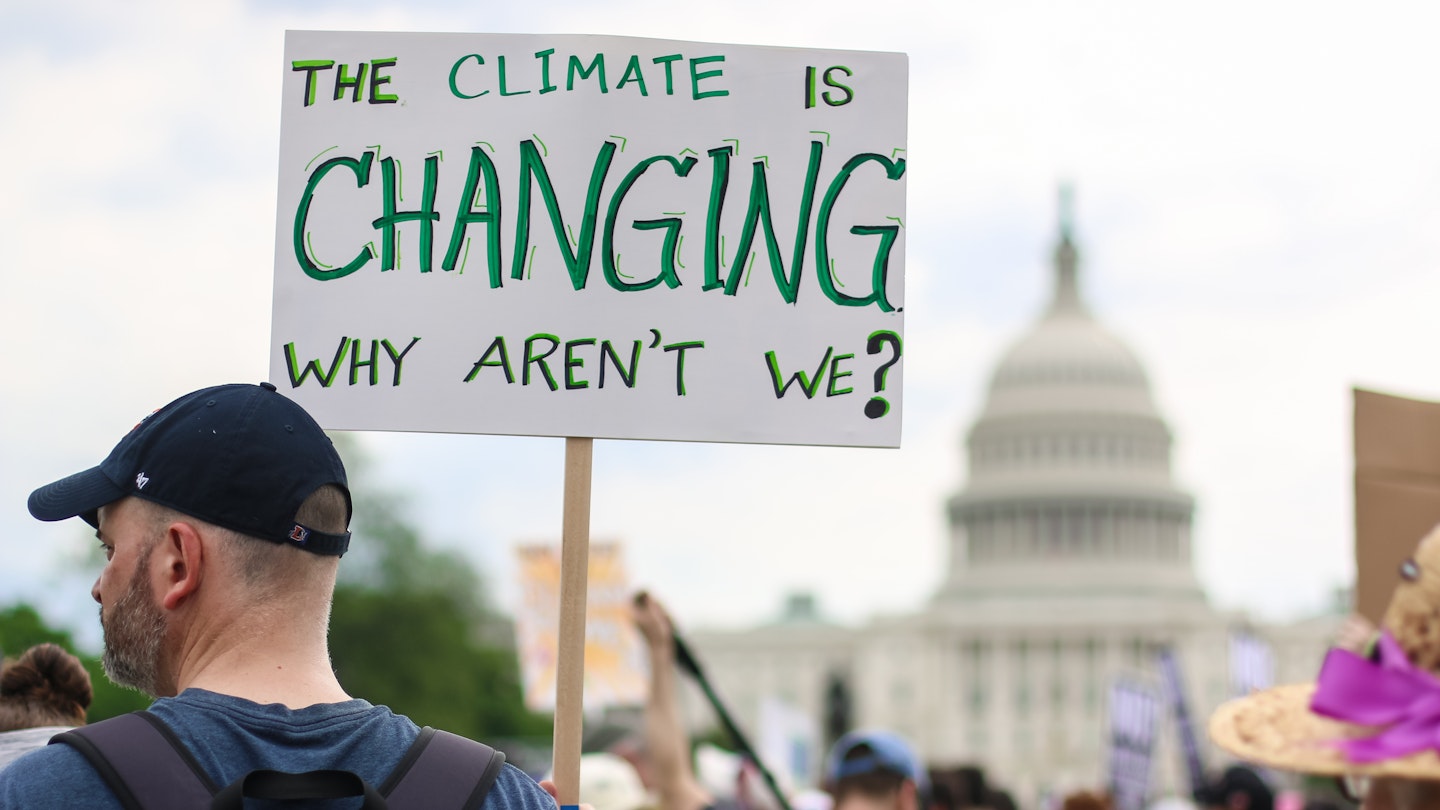Flygskam, the Swedish term for “flight shame,” represents a growing environmental movement. More individuals are becoming conscious of the ecological effects of travel as the undeniable evidence of climate change becomes increasingly apparent.
Recently, France implemented a new tax on aviation aimed at promoting cleaner transport methods, ranging from €1.50 for short-haul economy to €18 for long-haul business. This announcement elicited stark reactions from the aviation industry. Observing these responses, I have noted a significant misunderstanding of the situation. If the aviation sector were to truly account for its environmental footprint, the actual costs associated with flying would increase dramatically.
Tax benefits, such as the exemption from VAT on fuel, do little to bolster the airline industry’s case. Furthermore, they fail to empower passengers to make informed decisions about their travel choices, consequently indicating that the industry needs to improve its responsiveness to consumer behavior.
Realistically, the negative environmental impact of flying cannot be ignored. There remains significant room for improvement in offering lower-emission travel options; for instance, enhancing domestic rail connections to long-haul flights is a crucial area that requires development. Currently, convenient and cost-effective solutions are limited, and airlines must take initiative in this aspect.

However, there is no need for despair. Alongside significant changes needed within the aviation industry, you can make small personal modifications that can collectively lead to substantial impacts.
Opt for Newer, More Efficient Airplanes to Decrease Fuel Emissions
Many travelers are eager to lessen the ecological impact of their flights, yet identifying whether they are booking less efficient aircraft can be challenging. As many enthusiasts (like myself) can attest, determining a flight based on preferences such as seat comfort, in-flight entertainment, and Wi-Fi availability often leads to a lack of clarity regarding fuel efficiency.
Modern airplanes are designed to significantly reduce emissions. Although airlines cannot guarantee which model will operate your flight, they do track customer preferences for newer, more efficient options. For instance, British Airways projects that its new Airbus A350-1000 model will consume approximately half the fuel compared to its older Boeing 747-400 counterpart, thanks largely to its two advanced, highly efficient engines.
The most contemporary long-haul aircraft include the Airbus A350, A330neo, and Boeing 787. Travelers should be cautious of the A330neo’s enhanced efficiency, which distinguishes it from its predecessors. The Airbus A380 also stands out for its reduced environmental footprint.
For shorter flights, consider choosing newer models like the A320neo, A321neo, and A220, as these aircraft are designed for lower fuel consumption. Additionally, once the Boeing 737 MAX returns to service, it too will feature new, fuel-efficient engines. The latest Embraer E-Jet generation (E190-E2, E195-E2) also boasts improved engine technology.
However, turboprop aircraft, such as the Bombardier Dash-8 (also known as Q400) or the ATR 72, are the most efficient options for shorter routes, with visible propellers instead of traditional jet engines.
Practice Mindful Consumption Onboard
Packing light contributes to lowering an airplane’s fuel requirement; each gram saved translates to less weight to carry. Remember to bring a reusable water bottle and fill it up before boarding.
If feasible, take back recyclable items with you from the aircraft, especially on international flights, where regulations often dictate that items must be incinerated or sent to landfills.
If the buy-on-board meals are your sole option, consider packing your own food to lessen the airline’s need to transport in-flight meals, reducing both emissions and waste. Additionally, if your airline provides the ability to pre-order meals, take advantage of this option to ensure they prepare an appropriate quantity.
Opt for plant-based meals, which generally have lower environmental impacts compared to meat-based dishes. Choosing vegetarian or vegan meals in advance can further minimize your footprint and these meals are often served first.
Lastly, consider wearing a sweater instead of relying on plastic-wrapped airline blankets, bring your own headphones, and keep personal items like eye masks and earplugs close at hand.
Express Your Views to Airlines and Politicians
Many elected officials are contemplating measures to address the aviation industry’s environmental accountability, including the potential application of VAT on fuel and emissions charges. If you support these initiatives, voicing your opinions can influence change.
Take a few moments to communicate with airlines about your concern for environmental issues. Whether it’s the absence of newer aircraft on preferred routes or limited plant-based meal options, providing feedback is important. Airlines often assume that cost is the only concern for their passengers, so share your thoughts on the importance of environmental responsibility.
As an aviation journalist based in France, John Walton provides insights on travel for GoTravelDaily and various aviation publications. Engage with him on Twitter for questions or discussions.





